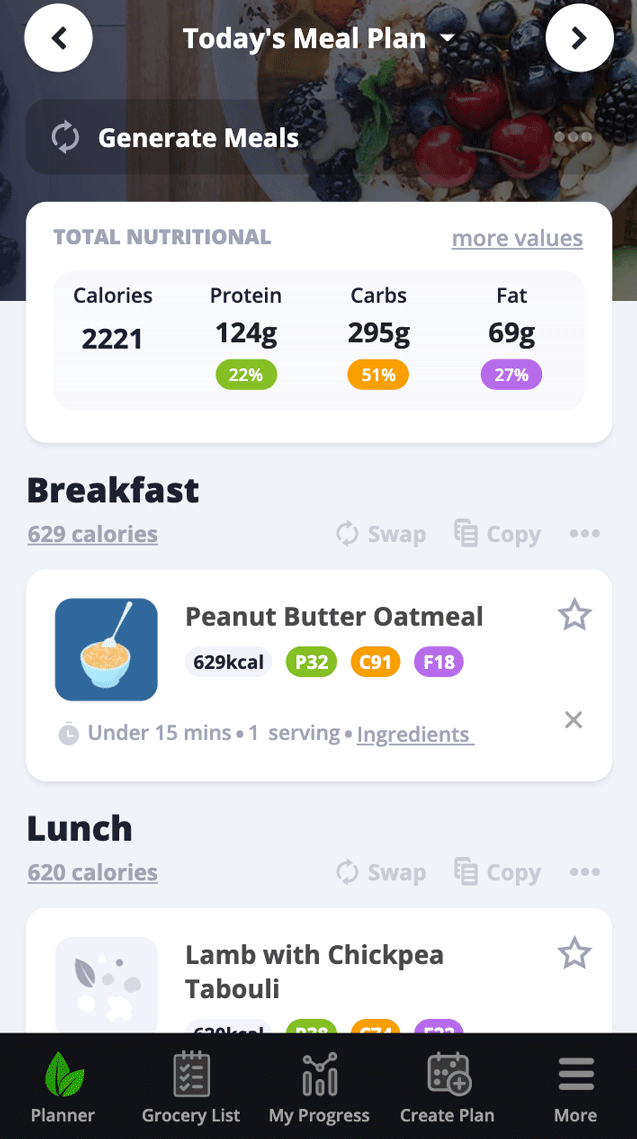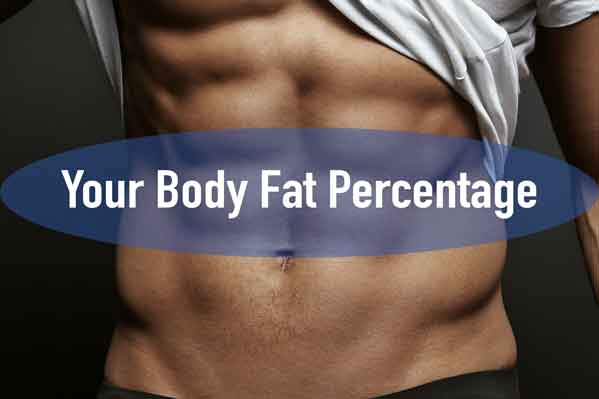Top 15 Staple Foods For A Vegan Diet
1: Canned Beans
Beans are packed with nutrition! In a 100g can of beans there are roughly 20g of protein – making them one of the best sources of protein in a vegan diet. Beans are also high in fibre, which promotes healthy digestion and supports the sensation of feeling full and satiated. By adding beans to the diet it can also help with meeting the recommended daily amounts of iron, copper, magnesium, folate and zinc.
Moreover, beans are not only great nutritionally, when purchased cooked and canned, they are convenient, easy to find in any food store, and are low in price.
2: Lentils
Lentils are an excellent addition to many vegan meals including, curries, stews, chilli, bolognese and soups. Nutritionally, they are similar to beans, in that they provide lots of fibre and protein, as well as iron, B vitamins and zinc. Lentils are quick and easy to cook from scratch; there's no real need to purchase them cooked/canned, and like beans, lentils are inexpensive and can be found in almost any food store.
3: Nuts and Seeds
Nuts and seeds make an ideal snack, as well as toppings for porridge and cereal. They can also be added to savoury dishes like curries and stir-fries. Nut and seed butters can be great for toppings on bread or cereals and when making dips and baked goods. Some seeds such as flaxseeds and chia seeds can be used as an effective egg replacement for many recipes. Nuts and seeds provide a wide range of nutrients including protein, omega 3 fatty acids, fibre, iron, zinc, magnesium and copper.
4: Plant-Based Milk
A huge variety of plant-based milks are now available- soya milk, rice milk, oat milk, almond milk, coconut milk, hazelnut milk, and more! These milks can be used in porridge or cereals, mashed potato, smoothies and much more. The nutritional make up in each of these milks is quite different and offer quite a wide choice depending on requirement; for example, soya milk contains around 3g of protein/100ml, whereas rice milk contains only 0.1g of protein in the same quantity. Many plant-based milks available in the supermarket are fortified with important nutrients such as calcium, vitamin D and vitamin B12- although it is not essential to choose a fortified milk, this can be a convenient way for people to ensure they are meeting their daily quota of nutrients.
5: Oats
Oats are extremely versatile, and feature in both sweet and savoury vegan recipes. Oats make for a wide range of delicious and filling breakfasts that include porridge, granola and muesli; oats can also be ground to make flour, which is useful for baking. They are high in fibre and have a low GI (glycaemic index), meaning that they aid to feeling full, and sustain energy levels over a long period of time. Nutritionally, oats also contain modest amounts of protein, iron, magnesium, copper and zinc.
6: Pasta
There are many different types of pastas now available in supermarkets including traditional wheat pastas as well as gluten free pastas made from lentils or brown rice. Although pasta is technically processed, it is still a healthy choice, especially whole grain wheat pasta, brown rice pasta or lentil pasta- these are high in fibre and a decent source of protein. Pasta is quick and easy to prepare and, once cooked, it can be eaten hot or cold.
7: Brown Rice
Brown rice is a highly nutritious staple food, and one that is high in fibre, magnesium, selenium, manganese and B vitamins. It is always better to opt for brown rice- as white rice is arguably less nutritious due to being refined, which causes it to lose all of its fibre and many of its vitamins and minerals. Brown rice is delicious either in or alongside almost any dish, but particularly in stir-fries and curries.
8: Potatoes
Some people may be surprised to hear that potatoes are actually very nutritious- providing fibre, B vitamins, vitamin C, potassium, copper and manganese. To add variety, it is possible to switch between sweet potatoes and white potatoes; with sweet potatoes having the added benefit of containing a decent amount of vitamin A. Potatoes are highly versatile; they can be boiled, mashed, roasted, added to salads, stews and curries; sweet potatoes can also be used in sweet recipes such as brownies.
9: Tinned tomatoes
Having a good stock of tinned tomatoes and tomato puree in the house is essential! Tomatoes make a great and healthy base for many meals, including chilli, bolognese, pasta sauce, curry, soups, stews and more. Tinned tomatoes are not only cheaper and last a lot longer than fresh tomatoes, but are actually healthier because they contain more lycopene (a powerful antioxidant).
10: Bananas
Bananas are a very versatile fruit, which can be eaten as a snack, used as a cereal topper, smoothie base, egg replacer, and as a sweetener in some recipes. Although bananas have a limited shelf life, they should never go to waste- ripe bananas can be used to make baked goods such as banana bread, or frozen to use in smoothies or banana ice-cream. Bananas have a fantastic nutritional profile, providing fibre, potassium, vitamin B6, vitamin C, and several antioxidants.
11: Frozen Berries
Berries are packed with antioxidants, vitamin C and fibre. They are delicious in smoothies and as a topping on porridge or yogurt. Although fresh berries are great, frozen berries are much more convenient, they are already washed and sorted, and will retain their condition for a far greater length of time. Plus, buying frozen berries is usually a lot cheaper than buying fresh.
12: Vegetable Stock
Vegetable stock is ideal for adding a deep flavour to soups, stews and any dish in need of a little extra savoury flavour. Stock can be made at home or purchased reasonably cheaply, either as a liquid or powder from a supermarket.
13: Herbs and Spices
Herbs and spices are essential in vegan cooking- they can completely transform a meal! Herbs and spices may be added to pretty much any meal especially curries, pasta sauces, chilli. They can be purchased fresh or dried, with every cupboard definitely featuring dried mixed herbs, paprika, chilli powder, curry powder and cinnamon. Not only do they add flavour to meals, but some also hold health benefits including anti-inflammatory properties.
14: Soy Sauce
Soy sauce (or tamari- wheat/gluten free version) adds umami and savoury flavour to dishes, especially, stir-fries, marinades, sauces and dressings. Soy sauce with a short ingredient list is the best option, avoiding those loaded with added additives and sugar.
15: Nutritional Yeast
Nutritional yeast offers a similar taste to cheese and can be used as a topping on pasta and pizza, or to make sauces. It naturally contains protein, as well as B vitamins, zinc and selenium, with some brands even adding vitamin B12. Using nutritional yeast is a tasty and easy way to boost the nutritional profile of any meal. Although, normally found only in health food stores, it is not a highly priced product.



